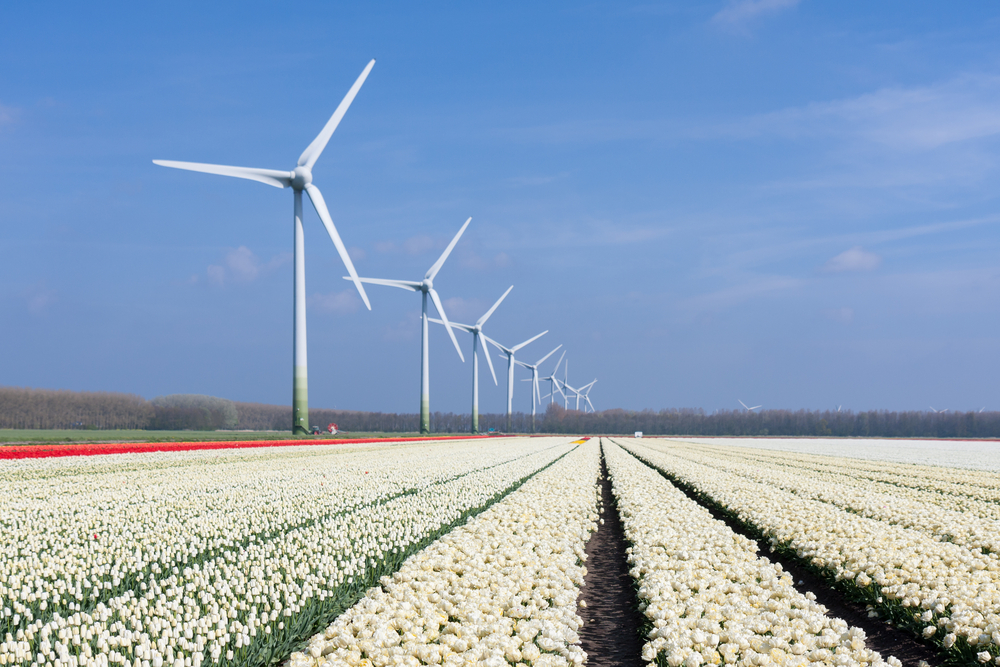The Dutch government has an ambitious plan to have a fully circular economy in the Netherlands by 2050 — but as research conducted by the RIVM shows, it will have to step up its game to truly play its part.
In 2019, the Dutch government purchased 85 billion euros worth of products and services. These represent 15% of the total purchase of products and services in the country and account for 22 megatons of CO2 — 18% of the Netherlands’ carbon footprint. Gek, hé? 😱
The RIVM (National Institute for Public Health and Environment) also found that procurement by the Dutch government accounts for 23% of raw material consumption.
Going forward
What should the government do then? One solution is socially responsible procurement — making purchases that contribute to a “climate neutral, circular, and socially inclusive economy”. But for that, the government first needs to understand the impact of its purchases.
Together with consultancy firms Metabolic and Purfacts, the RIVM developed a method to analyse how much governments spend, what the money is spent on, and what the environmental impacts of purchased goods and services are.
How do you feel about the findings of this research? Let us know in the comments below!
Feature Image: kruwt/Depositphotos



